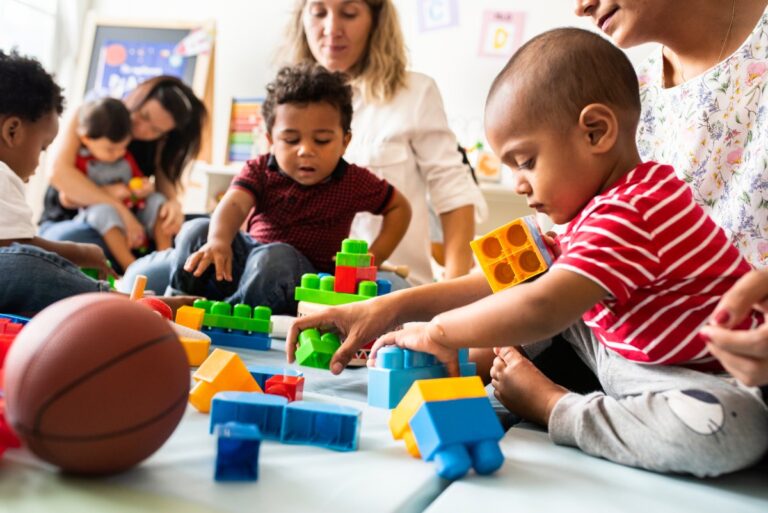Balancing Care and Control in Modern Parenting
In today’s hyper-aware society, parents constantly grapple with the question: Am I being overprotective, or am I just being cautious? Here’s a look at how modern parenting can sometimes walk a very fine line.
1. Helicopter Parenting

Constantly hovering over children to oversee every aspect of their lives can limit their ability to learn from mistakes and develop resilience. However, in a world filled with real dangers, this level of vigilance can sometimes feel necessary.
2. Digital Supervision

With the rise of online threats, monitoring children’s digital activities can protect them from potential harm. But too much oversight can infringe on their privacy and hinder their ability to manage their own behaviors.
3. Playdate Supervision

Gone are the days of unsupervised play. Modern parents often feel the need to oversee all play interactions, which can prevent children from resolving conflicts independently and learning social cues.
4. Academic Pressure

Ensuring that children excel academically is a common concern. While guidance is crucial, excessive pressure can lead to anxiety and burnout, diminishing the joy of learning.
5. Stranger Danger

Teaching children to be cautious around strangers is fundamental, yet instilling too much fear can lead to unnecessary anxiety and mistrust in others.
6. Physical Safety

From helmets and knee pads to constant reminders to be careful, keeping children physically safe is a top priority. However, they also need the freedom to explore and take manageable risks to build confidence and physical skills.
7. Scheduled Lives

Organizing every hour of a child’s day with activities can provide structure and enrichment. But it can also deprive them of downtime necessary for creative play and relaxation, which are essential for healthy development.
8. Dietary Control

With a focus on health and nutrition, parents meticulously controlling diets can help avoid obesity and ensure a balanced diet. Yet, it can also lead to eating disorders or unhealthy attitudes towards food later in life.
9. Emotional Coddling

Protecting children from emotional distress is a natural instinct. However, not allowing them to experience natural consequences of their actions or minor emotional setbacks can impede their emotional intelligence.
10. Travel Restrictions

Limiting where children can go, even within their own neighborhoods, is often a precaution against potential dangers. This protection must be balanced with opportunities for children to experience independence.
11. Medical Overcaution

Quick to seek medical advice for every ail can ensure children’s health is monitored closely, but it may also lead to over-medication or an exaggerated sense of vulnerability.
12. Avoiding All Conflict

Shielding children from any form of disagreement can prevent them from learning to negotiate or stand up for themselves, which are vital skills for adult life.
13. Information Overload

Parents today have access to more parenting information than ever before. While informed parenting is beneficial, the overwhelming amount of advice can lead to second-guessing and anxiety.
14. Overemphasis on Safety Equipment

Using safety equipment for every possible scenario can prevent injuries, but children also need to learn how to navigate their environment safely without always relying on protective gear.
15. Sleepovers and Independence

Many modern parents are hesitant to allow sleepovers due to safety concerns. While caution is understandable, such experiences are also key opportunities for developing independence.
Protecting Without Smothering

Determining the right amount of protection versus overprotection is a delicate balance. By fostering independence while still providing a safety net, parents can help their children grow into capable, self-reliant individuals. It’s about guiding more than guarding, teaching rather than controlling, and learning to step back just enough to let them step forward.
The post Balancing Care and Control in Modern Parenting first appeared on Peachy Fours.
Featured Image Credit: Shutterstock / fizkes.
For transparency, this content was partly developed with AI assistance and carefully curated by an experienced editor to be informative and ensure accuracy.







